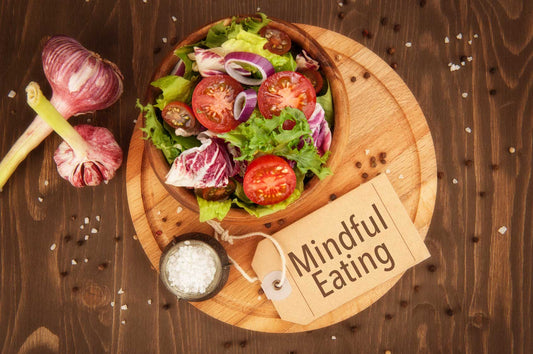Emotional resilience is the ability to adapt and bounce back from adversity, stress, and challenges. It is a crucial skill that can help individuals navigate life's ups and downs with grace and strength. Here are 7 evidence-based strategies to help you build emotional resilience:
1. Cultivate a Growth Mindset
Individuals with a growth mindset believe that their abilities and intelligence can be developed through hard work, dedication, and learning. Embrace challenges as opportunities for growth and view failures as learning experiences.
2. Practice Mindfulness and Meditation
Mindfulness and meditation can help you stay present, reduce stress, and enhance self-awareness. Take time each day to practice mindfulness techniques such as deep breathing, body scans, or guided meditation.
3. Build Strong Social Connections
Strong social connections are essential for emotional resilience. Cultivate supportive relationships with friends, family, and colleagues. Reach out for help and support when needed, and offer your support to others in return.
4. Develop Healthy Coping Mechanisms
Healthy coping mechanisms, such as exercise, journaling, or engaging in hobbies, can help you manage stress and build emotional resilience. Find activities that help you relax, unwind, and recharge.
5. Set Realistic Goals
Setting realistic and achievable goals can boost your confidence and sense of accomplishment. Break larger goals into smaller, manageable tasks, and celebrate your progress along the way.
6. Practice Self-Compassion
Be kind and compassionate towards yourself, especially during challenging times. Treat yourself with the same kindness and understanding that you would offer to a friend facing a difficult situation.
7. Seek Professional Help When Needed
If you are struggling to cope with stress, anxiety, or other emotional challenges, don't hesitate to seek help from a mental health professional. Therapy, counselling, or support groups can provide valuable tools and resources to help you build emotional resilience.
Further Information & Help:
We hope you have found this blog useful. However, if you would like some help and guidance with your relationship, further information can be found here or you can contact us here.
Further reading:






